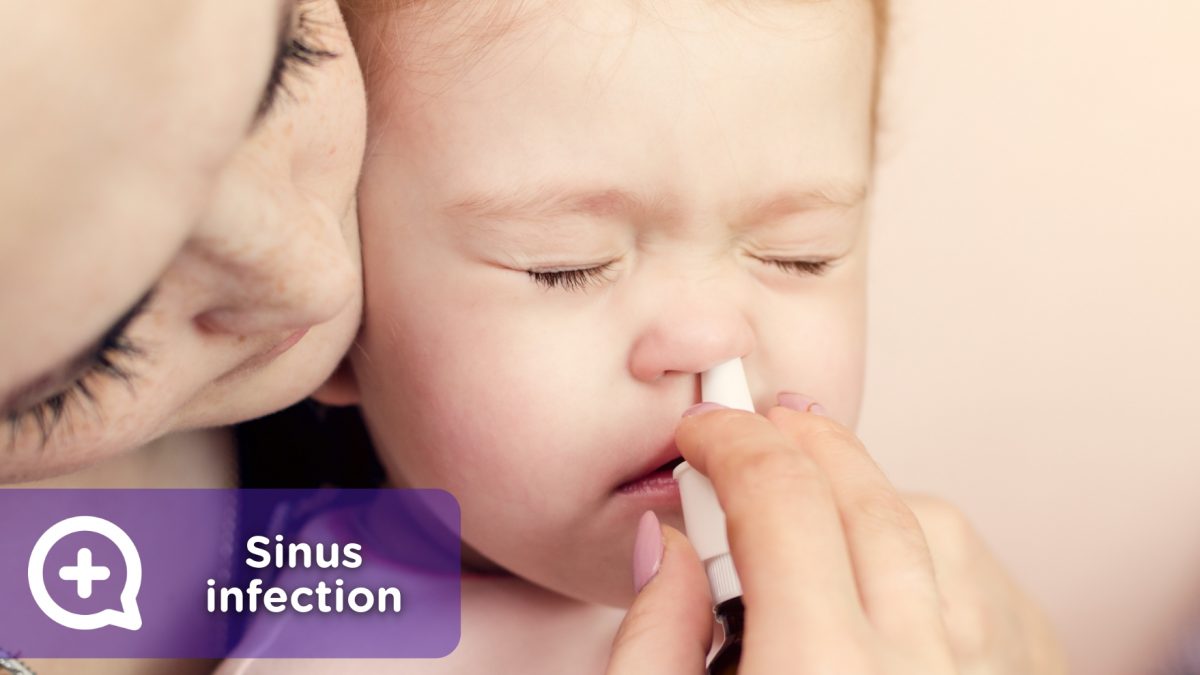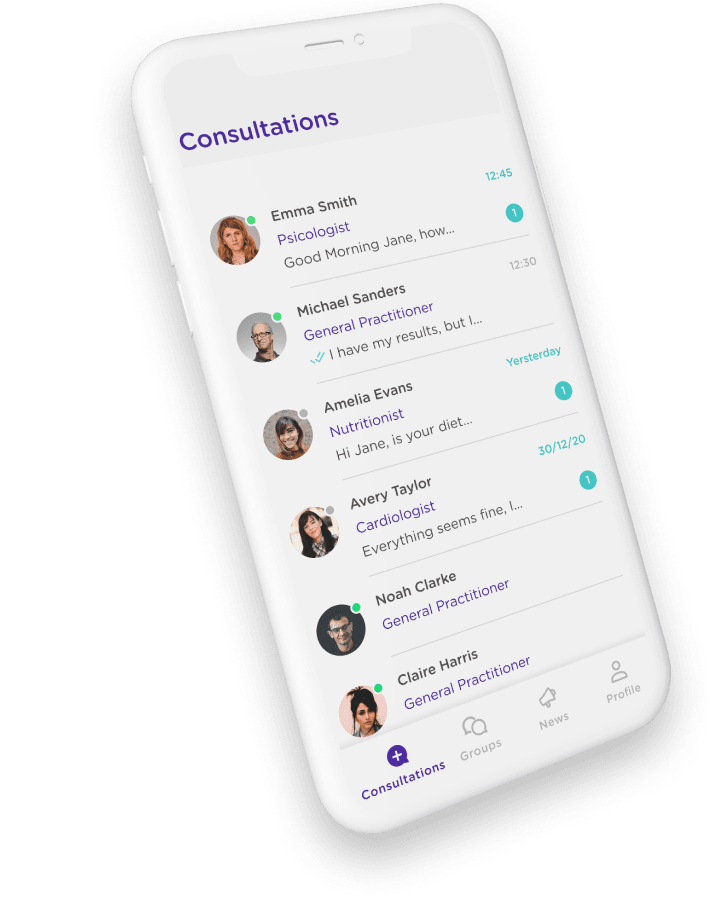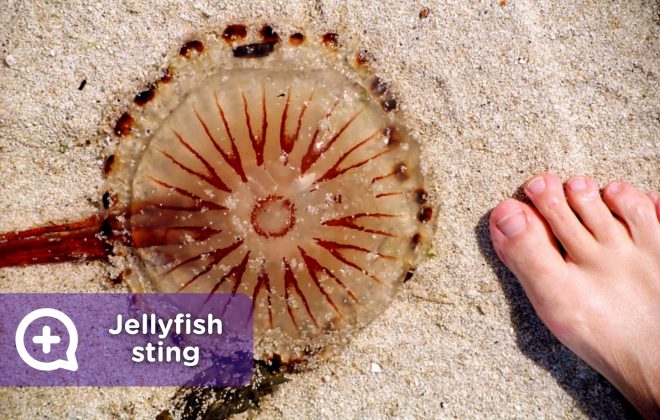Congested in the summer? Do you have sinus infections again? But how can it have happened? We assume that the cold weather brings these problems, but that is not always the case. Is your nose covered with tissues all day to stop the drip? Your “adored” air conditioner may be the culprit here. The heat does not let up and the constant temperature changes do not help your health.
Although the epidemics of colds, bronchitis and sinus infections usually occur in winter, the truth is that these diseases can “attack” at any time, even when it is hot.
How does our nose work?
The air we breathe enters through the nose, which heats it, humidifies it and filters it so that it is as pure and clean as possible. With the heat, the air conditioners are turned on and rooms are closed. That is where the problem arises:
- Entering from the street, where it is very hot, to an atmosphere with air conditioning can affect our health. The cold air without humidity influences the mobility of the ciliary system, some “hairs” that we have in the respiratory tract that eliminate residues that enter through the nose. This increases the production of mucus. In this way, the nose becomes congested and begins to breathe through the mouth, which is not prepared to clean and humidify the air before it enters the lungs. Therefore, the possibilities of developing pharyngitis or laryngitis increase.
- When the temperature in an environment decreases, the survival conditions of the virus improve.
In addition, in many cases, the filters of the air conditioners are dirty, so the cooled air is full of particles such as pollen, mold spores and dust mites, which can irritate your nose, especially if you are allergic.
All of this can cause a sinus infection, which is the inflammation of the paranasal sinuses (hollow spaces of the bones of the face where the air passes through the nose).
The most frequent symptoms are:
- Mucus and nasal congestion
- Fatigue
- Fever (not always)
In order to treat it you can:
- Use a saline nasal spray to clean the nasal passages and eliminate congestion.
- Take decongestants to relieve pressure in the sinuses. In general, they should only be used for a short period of time.
- Sometimes, your doctor may prescribe an antiallergenic.
Recommendations to avoid or reduce sinus infections:
- Make sure that the air conditioner is in good condition and keep the filters clean (during the hot months they should be changed every two months).
- Use a humidifier in environments where there is air conditioning.
- The ideal temperature is 24 degrees (or maintain a difference of 5 degrees with the outside).
- Avoid sudden changes in temperature so the the body can adapt gradually.
- Always stay hydrated.
- If you sleep with the air conditioning on, leave the door of the room slightly open and drink water frequently during the night. In addition, you can program the air conditioner to “sleep” mode.
- If you use air conditioning in the car, open the window a little bit. Additionally, do not turn it on full blast when you first get in the car. The cooling must be progressive.
*Content validated by the mediQuo medical team.



